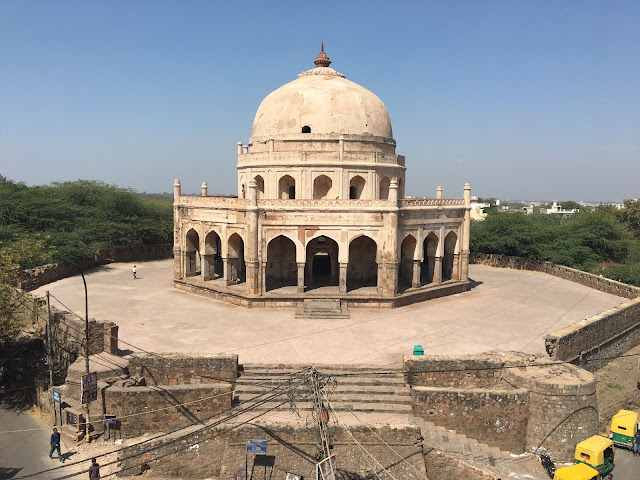Malik Maqbul, more famously known as Khan-i-Jahan Maqbul, was the prime minister (Na'ib Wazir) of Firoz Shah Tughlaq, the last great ruler of the Tughlaq dynasty. He was given the title of Khan-i-Jahan by the Tughlaq Sultan. Maqbul, though illiterate but a very able administrator, was originally a Brahmin from Telangana in the service of Kakatiya Kingdom which was annexed to the Delhi Sultanate during the Tughlaq rule. He was brought to Delhi where he became a convert to Islam. As is the case with neo-converts, he tried his best to show his zeal for new faith. Impressed by his talent, Muhammad bin Tughlaq gave Maqbul the fief of Multan. As mentioned at the outset Maqbul was elevated to the exalted position of the prime minister by Firoz Tughlaq, successor of Muhammad bin Tughlaq. After the death of Maqbul in 1370, his son, Juna Shah, was made the prime minister by Firoz. He was, however, killed by Muhammad Khan, the third son of Firoz Tughlaq, when Juna Shah tried to wrest

